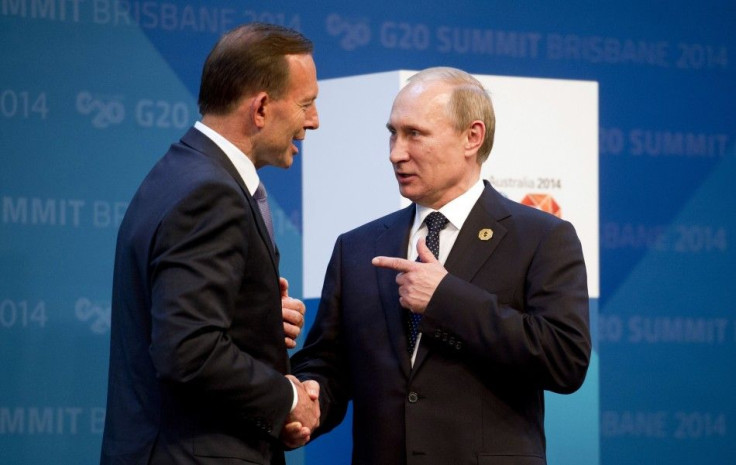Australia's Direct Action Policy To Increase Projected Emmisions By 2020 -- UN Report

The United Nations has warned Australia it is one of the four countries predicted not to meet its emissions target. A UN Environment Programme report revealed that the world should achieve "carbon neutrality" by 2070.
The report said that if countries exceed the budget of at least 1,000 gigatonnes of carbon dioxide, there would be "severe, pervasive" risks and in some cases irreversible effects of climate change. Based on the UN's analysis of each country's emissions policies to reduce global warming levels to 2 degrees Celsius above pre-industrial levels, the report found that Australia, Canada, Mexico and the United States would need to do more to meet their respective targets by 2020.
Australia is predicted to emit 710 million tonnes of CO2 by 2020, an amount well above the 555 million tonnes it would produce if the country will meet its 5 percent target to reduce greenhouse gases based on 2000 levels. The UN report also mentioned that the Australian government has replaced the carbon pricing policy with the Emmissions Reduction Fund which is expected to "increase projected emissions for 2020," according to the Guardian.
Prime Minister Tony Abbott has scrapped Labour's carbon pricing in July in favour of the Coalition's Direct Action policy. The Australian government has claimed that the new policy will be more effective and lessen the burden on businesses. Voluntary payments from businesses are expected to begin in the first quarter of 2015.
The UN Environment Programme recommended that countries should reduce emissions through renewable energy and practice energy efficiency while maintaining growth in economy. The U.S. and the EU had overridden Australia's attempts to keep climate change off the G20 agenda. According to Reuters, EU officials had firmly declared that the G20 will include climate change as one of the important issues. Australia had previously argued that climate change was not a clear economic issue and should not be discussed in the G20 meeting.
The U.S. and Europe led efforts to have climate change part of the agenda with U.S. President Barack Obama warning Australia that its Great Barrier Reef is under threat. Mr Obama said in a speech that climate change will mean longer droughts and more bushfires for Australia.





















